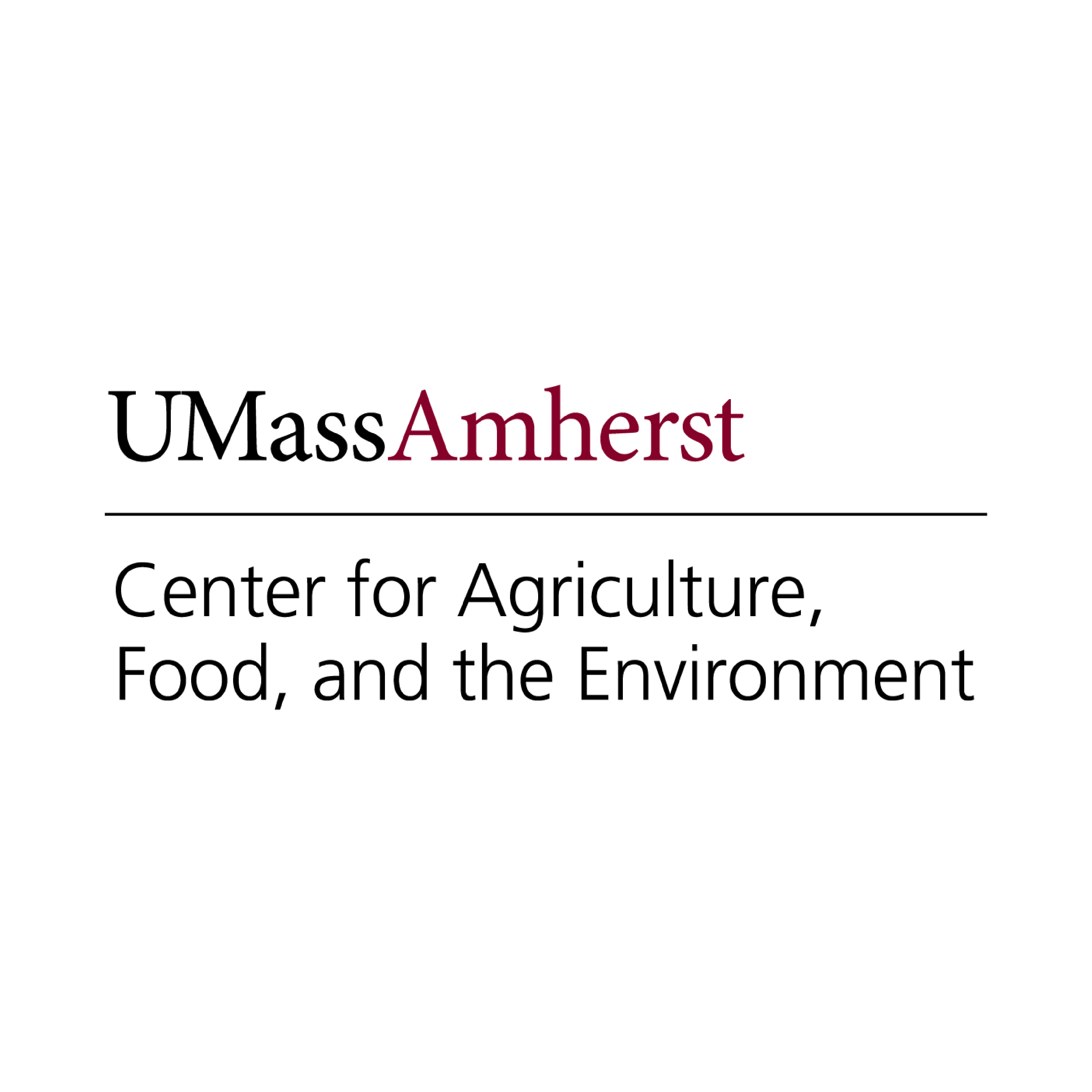The Massachusetts Department of Agricultural Resources (MDAR) recently announced that the Massachusetts Pesticide Board Subcommittee passed a ruling in March regarding the registration and use of neonicotinoids in the Commonwealth. The ruling will ultimately eliminate access to neonicotinoids for non-agricultural outdoor applications by people who are not licensed or certified.
The Massachusetts Pesticide Board Subcommittee (in the Massachusetts Department of Agricultural Resources) has determined that current uses of neonicotinoid pesticides used in outdoor non-structural uses or outdoor non-agricultural uses, may pose unreasonable adverse effects to the environment as well as pollinators, when taking into account the economic, social, and environmental costs and benefits of their use in the Commonwealth. Therefore, the Subcommittee modifies the registration classification of pesticide products containing neonicotinoids that have outdoor non-structural uses or outdoor non-agricultural uses on the label from general use to state restricted use. These include, but are not limited to, uses on lawn and turf, trees and shrubs, ornamentals, and vegetable flower gardens. The reclassification shall begin July 1, 2022.
Some details regarding this ruling:
Outdoor non-structural uses or outdoor non-agricultural uses include such things as:
- Lawn and turf
- Trees and shrubs
- Ornamentals
- Vegetable and flower gardens
Any neonicotinoid product with those uses on the label will be state restricted use. This means a Massachusetts pesticide license (or certification) would be required to use these types of products.
Homeowners will not be able to use these products on their lawns, trees, shrubs, ornamentals, or vegetable or flower gardens. But they would be able to use neonicotinoid products that are labeled to control fleas, ticks, mites, bedbugs, or structural pests to target those pests.
Farmers will not need a license to purchase or use products UNLESS the product they want to use has “dual use” language. For example, if a product had agricultural uses AND ornamental uses in the list of labeled sites, the product would be state restricted use and a farmer would need a license to apply the product.
Greenhouse and nursery applications are considered agricultural use.
If the product has been classified as general use for agricultural use and is only labeled for agricultural use, the product will remain general use for greenhouse and agricultural production unless otherwise determined by the Pesticide Board Subcommittee.
Affected agricultural products will either say “For Ag Use” on the label OR will have the Worker Protection Standards (WPS) box on the label.
In Massachusetts, all pesticide registrations expire on June 30 each year. The Massachusetts Department of Agricultural Resources (MDAR) will notify registrants during 2021 so that they can begin planning on how to remove the products from the homeowner retail shelves and ensure that there is not much product “left over” that cannot be sold or used after June 30, 2022.
In addition, MDAR will notify stakeholders of the change so they can arrange for their applicators to obtain the proper license or certification before July 2022.
For ornamental and turf uses, state restricted use products can be applied by someone with an appropriate commercial certification (e.g., Category 36 – Shade Trees and Ornamentals or Category 37 – Turf) or someone with a core (applicator’s license) as long as they are under the direct supervision of someone with the appropriate certification (according to the Direct Supervision regulations in 333 CMR 10.07).
MDAR does not yet know whether they will be able to arrange a collection of unused product in 2022, but will be communicating with licensed and certified applicators about all of these changes throughout 2021 and into 2022.
If you have questions about these changes, contact Taryn LaScola-Miner, Director of the Crop and Pest Services Division, MDAR. taryn.lascola@mass.gov
To Obtain a Massachusetts Pesticide License/Certification
To purchase Pesticide Exam Study Manuals:
https://www.umass.edu/pested/study_materials/index.htm
For information and to register for the Massachusetts state pesticide exams:
- Compiled by Dr. Pat Vittum, Professor Emerita and Extension Entomologist, UMass Stockbridge School of Agriculture
